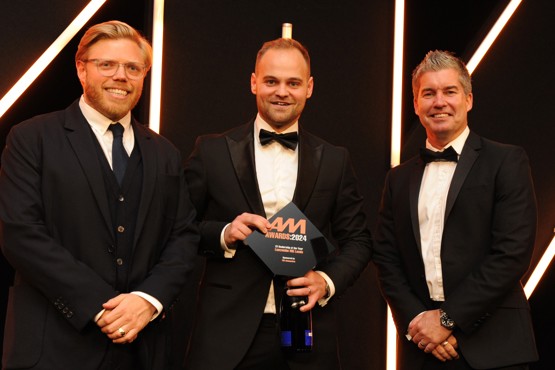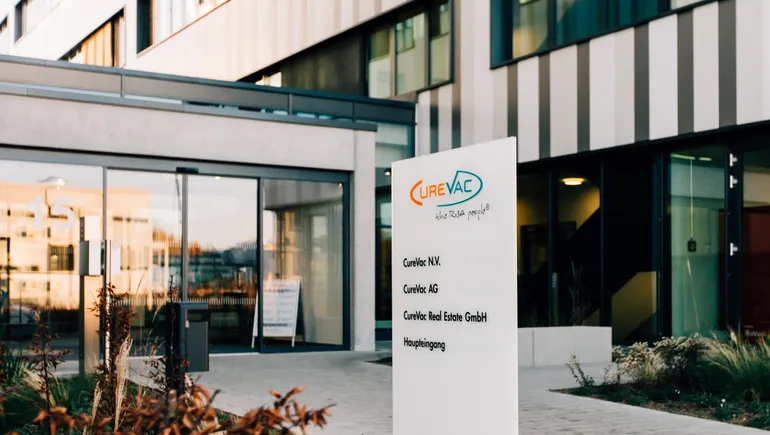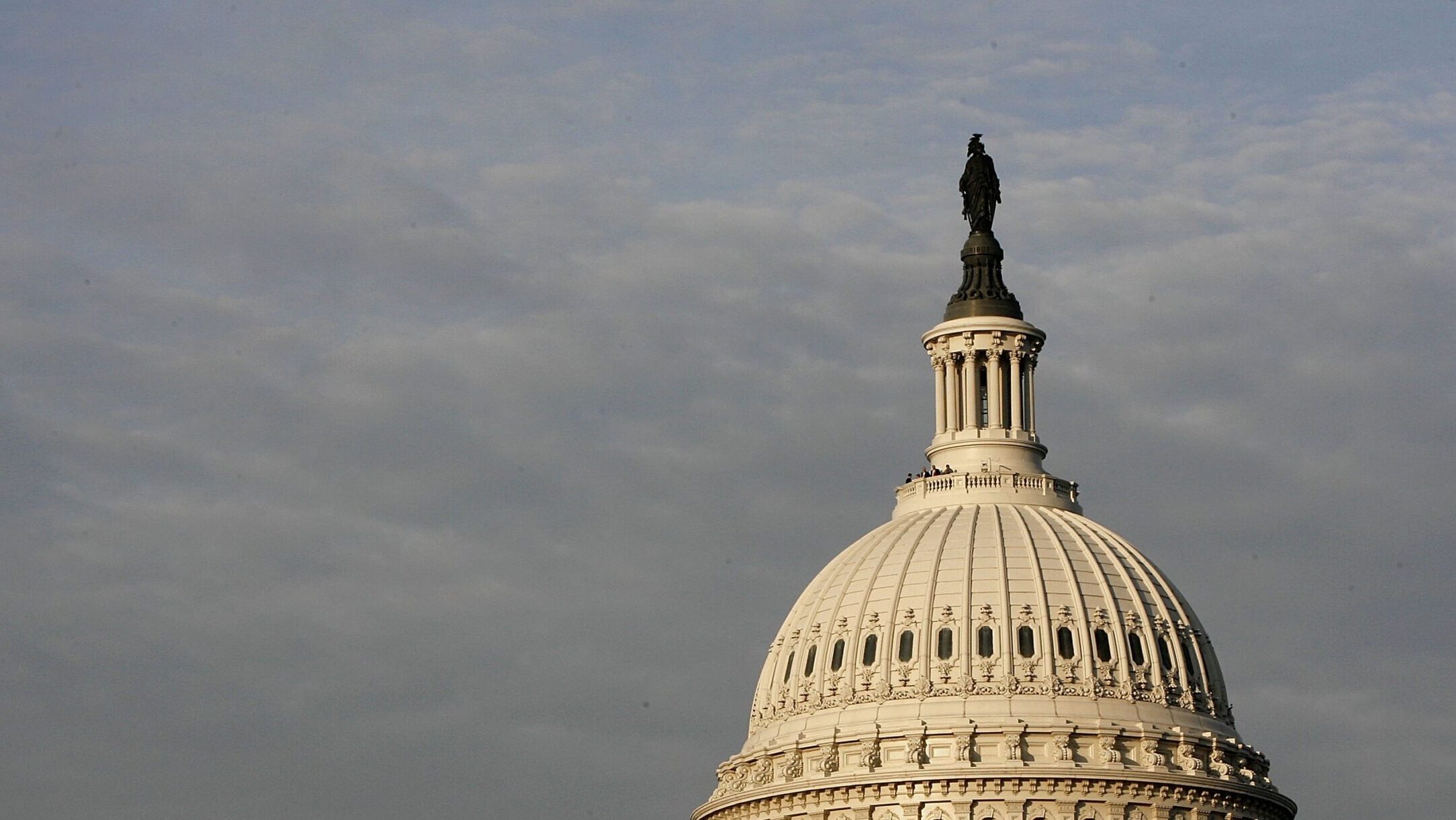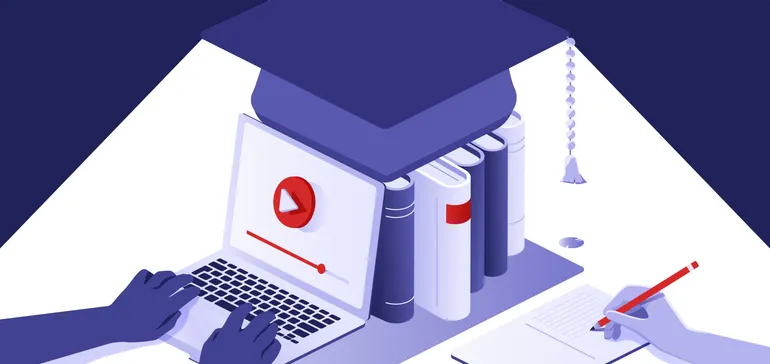Fixing The Clerkship System
LAP is the only source of candid negative information about judges to avoid. The post Fixing The Clerkship System appeared first on Above the Law.


This week, thousands of clerkship hopefuls apply broadly for federal clerkships via the Online System for Clerkship Application and Review (OSCAR). Then, over a several-day period, judges extend interview offers, and students hop on planes or trains with as little as 24 or 48 hours of notice to vie for prestigious post-graduate opportunities.
This year, as judges review candidates, the reverse happens, too. Judges are reviewed in The Legal Accountability Project’s (LAP) Centralized Clerkships Database (also known as “Glassdoor for Judges”) by their law clerks; and judges are being reviewed by applicants as potential employers. Rather than being a two-way street, historically, the opaque clerkship system forced students into vulnerable positions, applying without adequate information and accepting their first offer without informed consent.
It’s the second clerkship application cycle where applicants benefit from exponentially more — and more candid — information about judges as managers and chambers culture. LAP’s database has served more than 2,000 student and recent graduate users. Students “do their research” thoroughly throughout the year — voting with their feet for positively reviewed judges (who should expect more, better applicants) and against bad bosses and abusive judges (who should expect fewer).
LAP’s database is accountability through transparency, since there are few things imperious federal judges hate more than negative feedback traveling through the grapevine that they cannot see. This is my vision for clerkship transparency, realized: it’s the resource I wish existed as a Washington University School of Law student a decade ago “applying blind” for judicial clerkships, misled into an unsafe work environment because my school lacked information about judges.
Three years ago this month, I had an audacious idea: a nonprofit squarely focused on judicial accountability and clerkship transparency. I launched LAP to correct injustices I personally experienced as a student and clerk, with little more than a great idea and the grit to see it through. Democratizing judicial clerkship information and opportunities through a nationwide database was something many thought couldn’t be done, and a few thought shouldn’t be done. But I identified an unmet need for candid clerkship information and set out to fill the void.
I was determined to both prevent future clerks from enduring what I endured, and to create a resource for mistreated clerks seeking support after a career-altering clerkship like mine. I was fueled in the early days by overwhelming outreach from clerks confiding in me about mistreatment. Setbacks galvanize me: I was activated by pushback and hostility from law schools and the federal judiciary, intent on maintaining the entrenched status quo whereby schools maintained a competitive advantage in clerkship advising by gatekeeping information, and judges who mistreated clerks got away with it year after year by preventing applicants from discovering toxic work environments until it was too late.
LAP has blown the doors off the clerkship system and upended the federal judiciary, to the benefit of law students, law clerks, the legal industry, the judiciary, and society generally. We’ve barnstormed onto dozens of law school campuses, participating in over 50 impactful clerkship programs to educate students about what can go wrong during a clerkship, to underscore the importance of being mindful of who they clerk for. Students understand the necessity of subscribing to LAP’s database, rather than blindly accepting their school’s existing resources as sufficient, because only through LAP’s database can they identify judges to avoid. LAP events are unlike anything else students attend in law school, because I tell it like it is. No one else is willing to share negative clerkship experiences with students — failing to understand the difference between discouraging students from abusive clerkships and discouraging them from clerking, period.
I’ve worked with Congress on two urgently necessary bills — the Judiciary Accountability Act (JAA), which would extend federal anti-discrimination protections to over 30,000 exempt federal judiciary employees; and the TRUST Act, which would close the loophole in the federal judicial complaint process that enables judges to evade accountability for misconduct by stepping down, as former Minnesota bankruptcy judge Kesha Tanabe did earlier this year. Because LAP’s database is not a substitute for workplace protections or legal accountability for abusive judges.
And 14 months ago, LAP launched our innovative, first-of-its-kind, award-winning Clerkships Database, transforming clerkship hiring by removing information-sharing from law schools’ control. What will applicants find inside? Over 1,600 candid clerkship surveys about more than 1,000 federal and state judges from every state and federal circuit. But more important than its size — several times the size of the largest law school clerkships databases — is the breadth and candor of information. LAP asks the right survey questions of clerks to compile information students need before clerking: hours, tasks, relationship with the judge, and feedback provided. We ask about mistreatment and whether the clerk left early. We facilitate candid reflection on what type of clerk would fit best and the overall value of the experience. Importantly, clerks rate both the judge as a manager and the overall clerkship experience (positive, negative, or neutral), and we’ve seen discrepancies between these: around 75% of clerks describe the overall experience as positive (i.e., a valuable experience) but only 70% rate the judge as a good manager — an important data point, should the judiciary ever train judges on how to manage employees.
Most importantly, LAP is the only source of candid negative information about judges to avoid. We don’t hide the ball. Any student with access to both their school’s database and LAP’s should compare a judge reviewed negatively in LAP’s database with reviews in their school’s database: they’ll probably either find no information in their school’s or, disturbingly, misleading positive surveys about the judge.
Historically, law students applied indiscriminately to 100 or more federal judges nationwide. Clerkship “research” was conducted through their school’s internal database, if one existed (where surveys are almost uniformly positive) or by Googling to discern political ideology. Neither tells you whether this judge — who wields incredible power over your career — is someone you’d want to work closely with in stressful circumstances without workplace protections for a year or two. While some schools’ alumni networks facilitate individual clerk-to-student conversations, this is both inefficient and challenging to navigate. Due to a combination of law school pressure and “bird in the hand” desperation, applicants accepted clerkships with abusive judges anyway.
LAP’s database solves these problems, enabling applicants to efficiently narrow their searches and avoid clerkships with bad bosses and abusive ones. We succeeded where law schools failed, compiling and disseminating both positive and negative information from anonymous clerks we verified to thousands of subscribers nationwide. This year, thanks to LAP’s database, several thousand students will avoid hundreds of bad bosses — a huge win at a time when many nonprofits struggle just to survive.
What still keeps me up at night?
First, accessibility: our 2,000 users do not represent all clerkship applicants. If LAP hasn’t hosted an event at your law school; you don’t follow me on social media; and you haven’t read Above the Law, you may not know why you need LAP’s database. Considering the pervasive misconduct I’ve witnessed throughout the federal courts — and judiciary stonewalling and obfuscating, rather than problem-solving — I wouldn’t advise anyone to clerk without consulting LAP’s database.
Second, some applicants accept clerkships even after learning the judge mistreats their clerks — even after I warn them personally. “I can handle it,” or “It won’t happen to me,” they say. Or, echoing their law schools, “Any clerkship is better than no clerkship at all.” I’ve spent hundreds of hours counseling clerks who were harassed, fired, retaliated against, or blackballed from the legal industry. They tell me, universally, if they knew how bad it would be, they would not have accepted the clerkship; and they wish LAP’s database existed when they were applying. More than 1,000 clerks invested time sharing their experiences — around 20% of them negative — in writing, some sharing for the first time and shouldering perceived risk: heed clerks’ warnings.
Today’s law students won’t remember a time when clerkship hiring was less than transparent: when the only information they might access about judges to avoid traveled through the fear-infused clerkship “whisper network.” It’s not too late to register for database access for the real deal on clerking: frankly, you’d have to be a masochist to apply without this resource. Deciding where to clerk is one of the most important career decisions you’ll make. Maybe you’ll find a lifelong mentor. Perhaps your clerkship will just check a box. But what few were willing to admit, before LAP, is that clerking can also be a career- and life-altering negative experience: one that can be avoided.
At a time when news out of Washington, D.C., is bleak, and many ask how they can help preserve and protect our democracy, LAP is a “right now” solution. We’re not waiting on anyone — neither Congress nor the courts — to make the change we know is necessary. We’ve proven that even the most entrenched and intransigent area of the government — the judiciary — can be reformed. Where there’s a will, there’s a way.
Aliza Shatzman is the President and Founder of The Legal Accountability Project, a nonprofit aimed at ensuring that law clerks have positive clerkship experiences, while extending support and resources to those who do not. She regularly writes and speaks about judicial accountability and clerkships. Reach out to her via email at Aliza.Shatzman@legalaccountabilityproject.org and follow her on Twitter @AlizaShatzman.
The post Fixing The Clerkship System appeared first on Above the Law.





















































































































































